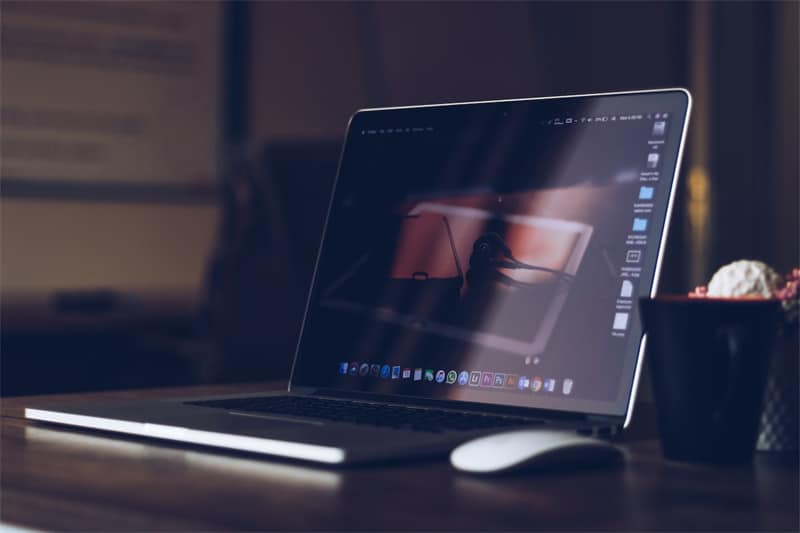
Purchasing a new laptop is no small decision. With so many different makes and models on the market, it can be difficult to determine which one is right for you. In this blog post, we will provide some buying advice to help you make the best decision possible when purchasing a laptop. We'll discuss things like budget, screen size, and portability to help you find the perfect device for your needs!
1. Budget

The first thing you need to consider when purchasing a laptop is your budget. How much money are you willing to spend on a new device? Laptops can range in price from a few hundred dollars to several thousand, so it's important to know your limit before you start shopping.
If you're on a tight budget, there are still plenty of great options available to you. Many laptop manufacturers offer budget-friendly models that are perfect for everyday use. These laptops usually have smaller screens and fewer features than their more expensive counterparts, but they can still get the job done for things like browsing the web, checking email, and streaming video.
Still, if you want a pricier version, Microsoft Surface and Apple MacBooks tend to be at the top end regarding price. It's important to remember, though, that you don't have to spend a fortune to get a good laptop.
2. Screen Size
Another important consideration when If you have a little more money to spend, you'll have more options to choose from. Mid-range laptops often have larger screens and more powerful processors than budget models, making them better suited for tasks like photo and video editing, gaming, and running multiple programs at once.
If you need a laptop for work or school, a mid-range model might be the best option, as it will offer more than enough power for most productivity tasks. When it comes to high-end laptops, there are even more choices available.
These laptops typically have the largest screens and most powerful processors on the market, making them ideal for gaming, video editing, and other resource-intensive activities. Of course, all that power comes at a price, so high-end laptops can be quite expensive.
3. Portability
When choosing a laptop, another thing to consider is portability. How important is it to you that your laptop is easy to carry with you? If you need a device that you can take with you on the go, you'll want to focus on laptops that are lightweight and have long battery life.
Many ultraportable laptops weigh less than three pounds and can easily fit into a backpack or purse. These types of laptops are ideal for students or busy professionals who need to be able to work on the go. If portability is less of a concern for you, there are still plenty of great options available.
Larger laptops usually offer more features and power than their smaller counterparts, so you'll have to decide what's more important to you: portability or performance.
4. Operating System
When purchasing a laptop, you'll also need to decide which operating system you want. The three most popular choices are Windows, macOS, and Chrome OS. Windows is the most widely used operating system in the world and offers a ton of features and customization options. macOS is exclusive to Apple laptops and is known for its simple, intuitive interface.
Chrome OS is a lightweight operating system that's designed for use with laptops that have limited storage space. It's perfect for students or anyone who needs a basic laptop for web browsing and light productivity tasks.
5. Battery Life

Another important consideration when choosing a laptop is battery life. If you need a device that you can use for long periods without having to worry about charging it, you'll want to focus on laptops that have good battery life. Some laptops can last for more than 12 hours on a single charge, while others only last for a few hours.
It's important to know how long you need your laptop to last before making a purchase. Sometimes, it's worth sacrificing a bit of portability for better battery life. While you're looking at battery life, you should also pay attention to the type of charger that comes with the laptop. Some laptops come with standard chargers, while others come with more powerful “rapid charge” chargers that can charge the battery in a fraction of the time.
As we saw, there are many important factors to consider when choosing a laptop. So, what's the best way to figure out which laptop is right for you? The answer is simple: it depends on your needs and budget.
However, if you just need a basic laptop for web browsing and light productivity tasks, you can save a lot of money by opting for a budget model. No matter what your needs are, there's a perfect laptop out there for you!










